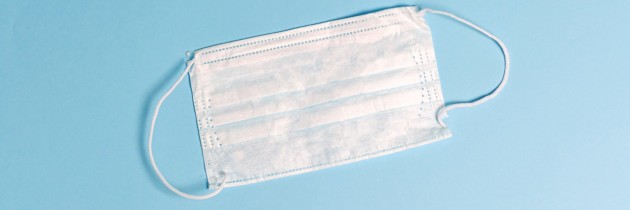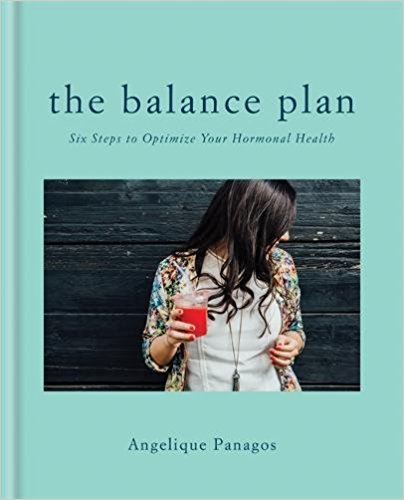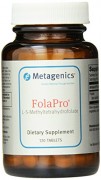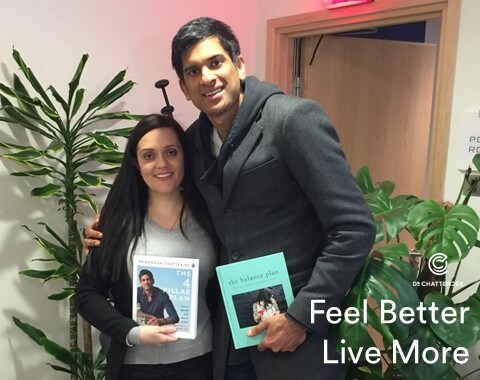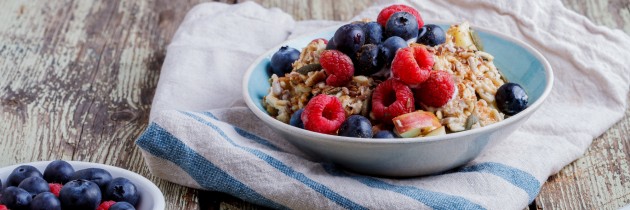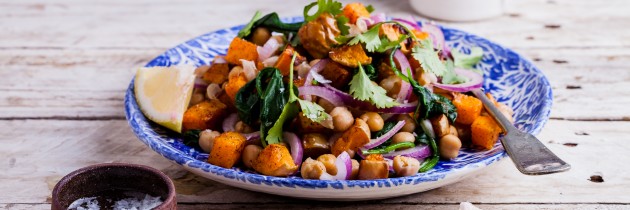Coronavirus – What You Can Do To Help Protect Yourself
Three months into the year and 2020 has hit the ground running – the whole world is currently battling the Coronavirus (COVID19) or more accurately battling the fear and anticipation of the unknown.
I am not here to add to that fear or to fuel speculation, this is NOT an article of panic. Instead, I am here to arm you with a bit of simple practical advice from my humble view as a Nutritional Therapist, a UK Citizen and Isabella’s mummy.
I wish you an ocean of health, a mountain of peace and a sky full of calm and gentle moments. Without further ado I will jump into my personal plan to help you stay as healthy as possible during the Coronavirus pandemic.
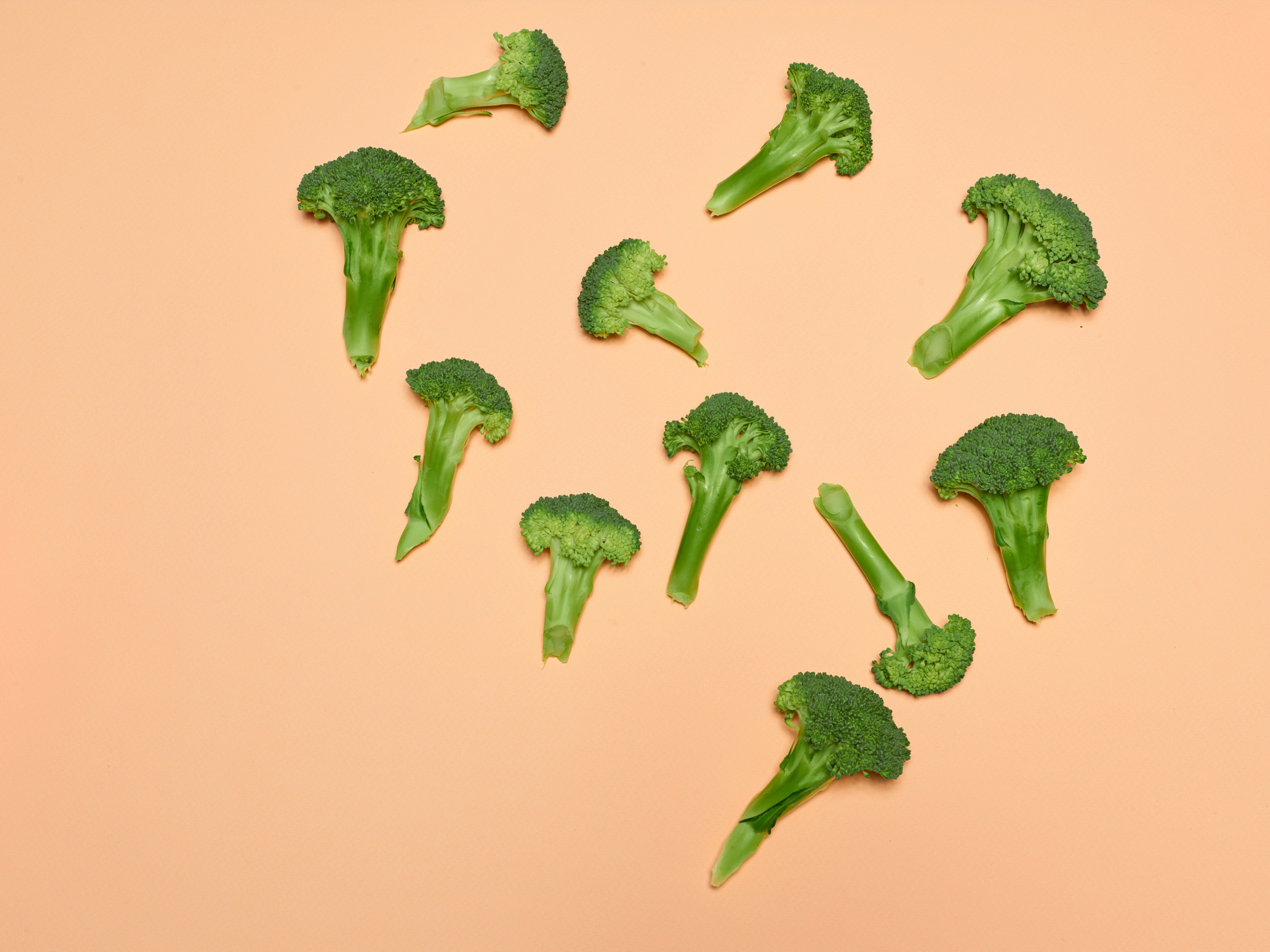
What should you be eating to help support your immune system?
What you eat can help strengthen your resilience and overall health. This is the perfect time to pay some attention to your daily diet and to ensure that you are stockpiling your nutrients! Remember my BitCoin analogy? A few of my favourite nutrients for supporting the immune system are listed below. Please remember as always its about consistency, eating to fill the body’s economy. On that note, one piece of broccoli isn’t going to cut it, we need to look at each meal and make it super nutrient-dense. The beauty is that we can start with the very next thing we eat, but please remember that these nutrients won’t stop you from getting the virus, following the NHS and government guidelines can help with that, these nutrients support overall health.
I have had a lot of questions about supplements. We just don’t know enough relating to COVID-19 and its interactions with supplements at this stage. Please speak to your primary medical team.

Lets dive in……
Vitamin C has been shown to contribute to immune defence and can help to prevent infections by supporting various cellular functions of both the innate and adaptive immune systems. Vitamin C can be found in peppers, broccoli, oranges, watercress, cabbage, kiwi, spinach, kale, cauliflower, tomatoes and berries.
Vitamin D is one of the most powerful nutrients for supporting the immune system- sunlight is our main source but it’s available in small amounts in oily fish, egg yolks, liver, dairy products and mushrooms. On a side note, it can be hard to get enough vitamin D from diet alone, my advice is to get your vitamin D tested with your doctor as you may need to take a Vitamin D3 supplement for overall health.
Zinc plays a significant role in immune function- it can be found in meat, shellfish, whole grains, egg yolks, green leafy vegetables, mushrooms, potatoes, and some nuts.
Vitamin A can be helpful in supporting the body’s immune system and ability to fight infections- it can be found in liver, eggs, oily fish, yellow and orange vegetables.
Selenium is a key nutrient for immune function – found in Brazil nuts, seafood, meat and eggs.
Prebiotics are a key player in optimum gut health and in turn gut health is essential for our immunity – they provide “food” meant to promote the growth of beneficial bacteria in the gut. In my book, The Balance Plan, I call them my eco-warriors. You can find these in a wide range of foods including dandelion greens, Jerusalem artichokes, garlic, onions, oats, flax, slightly green bananas and leeks.
Probiotics as above are also key for gut and immune function, the research on this is emerging and it’s really exciting! Probiotic foods are fermented and contribute to the healthy bacteria in our guts. They include sauerkraut, kefir, tempeh, kimchi, miso, natto, kombucha and fermented vegetables.
As always avoid sugar – avoid eating sugary foods like sweets, pastries, cookies and drinking sugary, fizzy drinks. I know I know, I always go on about avoiding sugar. But sugar may reduce the effectiveness of your immune system as well as spike your blood sugar or insulin. Eating to much sugar may also lead to oxidative stress. Free radicals are a byproduct of cellular metabolism, your body’s antioxidant defences can handle normal amounts of free radicals, but under certain conditions, your defence system becomes overwhelmed.
As always, looking after your overall health involves getting in as much of a variety of nutrient-dense foods as possible! Experiment with new recipes, adding in these foods and above all else – enjoy each meal!
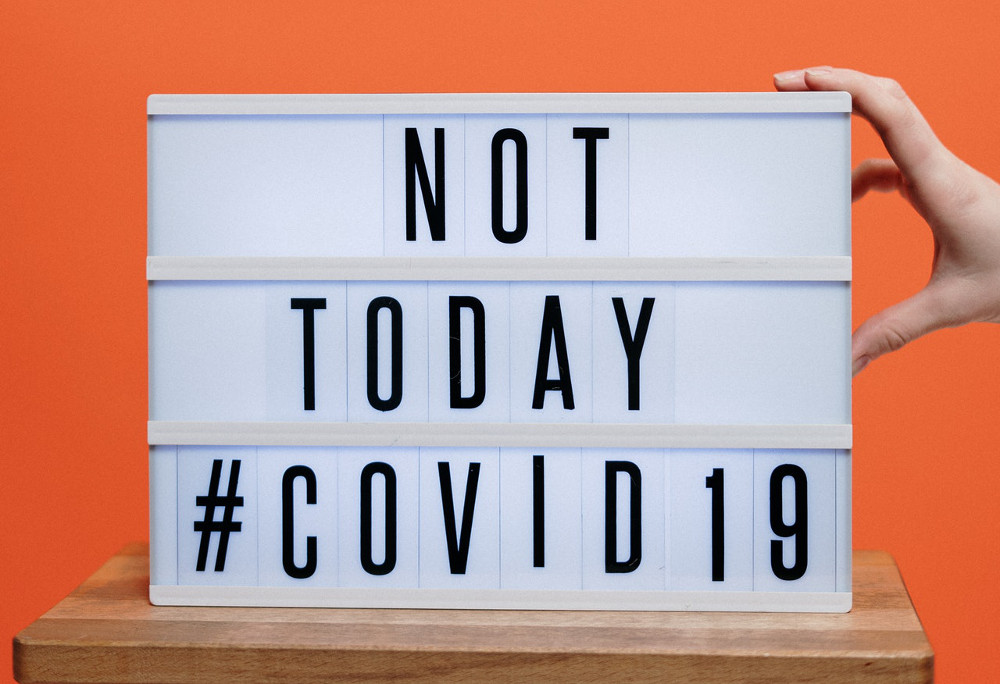
Other ways to optimise your health during the Coronavirus outbreak
Follow government and NHS guidelines – This is the most important and essential point to help you avoid catching or spreading the virus. As you will have noticed, the guidelines are now a lot more stringent than just washing our hands regularly and for the length of singing happy birthday twice, (although this is still included and vital!). Follow this link for the NHS guidelines on what to do if you are experiencing symptoms as well as staying healthy and trying to stop the spread of the virus. Public Health Engalnd has also published the following set of guidelines: ‘COVID-19: guidance on social distancing and for vulnerable people’. Please also feel free to share the infographic below on the current government guidelines at this time. The guidelines are set out for a very good reason and will only take effect if we all do our bit to stick by them!
Destress – whatever it takes – I cannot overstate the importance of relaxing and destressing. Stress impacts your health, your immune, your wellbeing, petty much everything! Do whatever works for you personally to destress, especially at such worrying times, whether that’s a meditation session, a home workout, the 4/7 breathing technique, watching a funny movie or taking a long bath.
Stay connected and have a laugh – Don’t cut yourself off, catch up with friends on the phone, have a long conversation with someone you love. Laugh! Laughing is good for you, it curbs the levels of stress hormones in your body. Being close to loved ones physically or metaphysically has been shown to give people stronger immunity than those who feel alone…
Get into nature and out of your head – nature is a wonderful tonic for your mental and physical health and wellbeing. Take a walk somewhere with good air if possible! Notice your surroundings and focus on the beauty of nature. At the moment the current government guidelines state that we can still go outside for exercise and dog walking as long as we keep a safe distance (2m) from others.
Get a sufficient amount of sleep and rest – are you sleeping? If not try and look at your sleep hygiene and see if there’s anything you can do to improve your sleep. No bluescreens before bedtime, make your bedroom a sanctuary from the rest of your life and wear a sleep mask if it helps. Spritz your pillow with a calming lavender spray and stay away from caffeine after 12 pm, or ideally all the time if it negatively impacts you.
Surround yourself with health and wellness experts you trust – in times like this, it’s important to listen to the advice you trust. There are so many opinions on social media and it can be completely overwhelming. A few I personally like listening to are Dr Ben Lynch @drbenlynch, Dr Rangan Chatterjee @drchatterjee, Dr Gemma Newman @plantpowerdoctor, Dr Punam Krishan @drpunamkrishan and Dr Jenna Macciochi @drjennamacciochi for health and immunity advice. @besophrolondon and @chloebrotheridge keep me calm too!
Breathe and remember, this too will pass – remember to breathe and to use your breath to help you ground yourself. I am an advocate of the 4/7 breathing technique where you breathe in for the count of 4 and out for a count of 7. Pay attention to your belly and ensure to breathe deeply into it.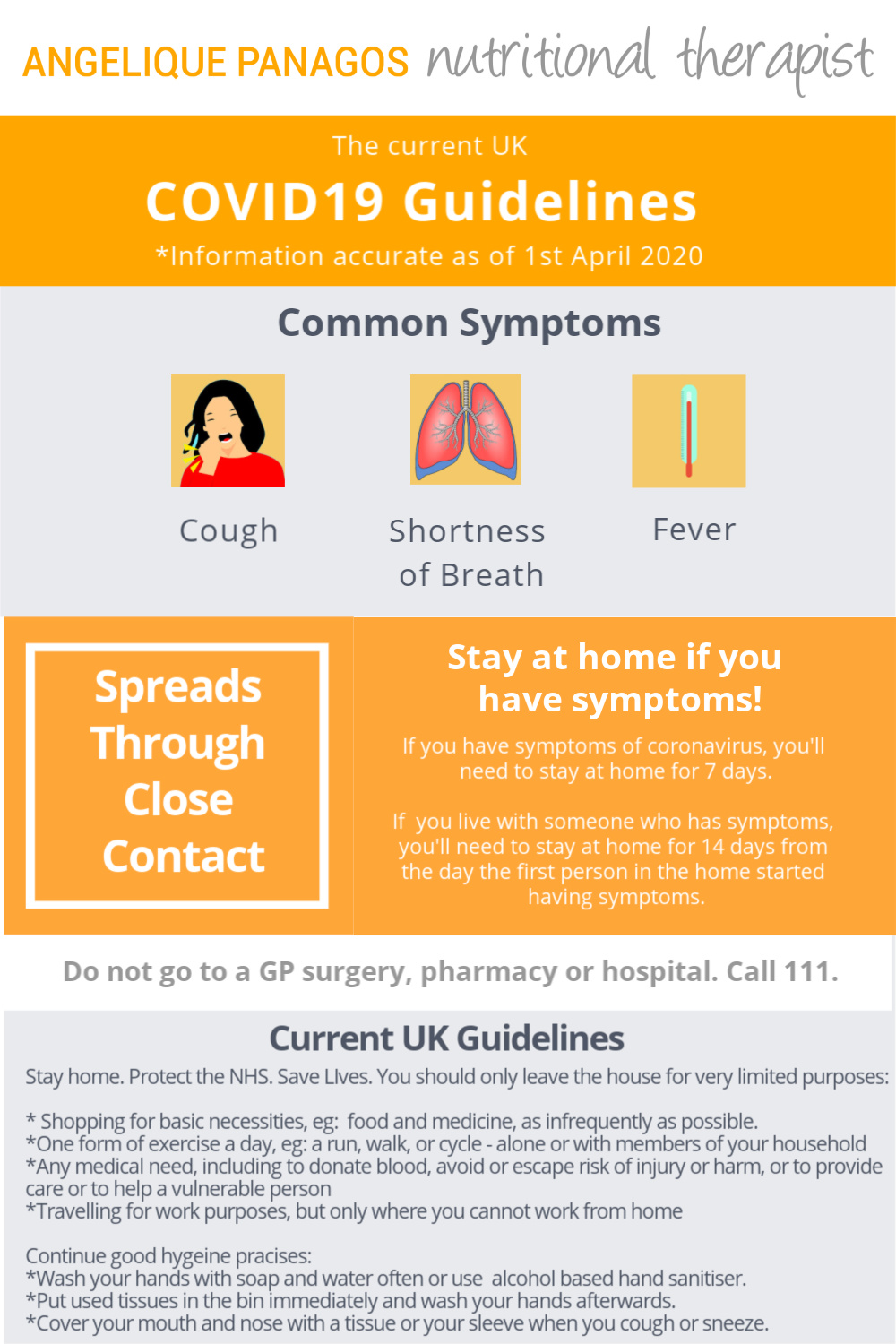
*The above image can be shared across all platforms but may not be edited in any way.
Nourishing well wishes,
Angelique
Consult your doctor or health care practitioner for any health problems, before embarking on any new health regimes, using any supplements or before making any changes in prescribed medications or food programmes.

